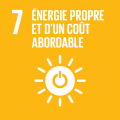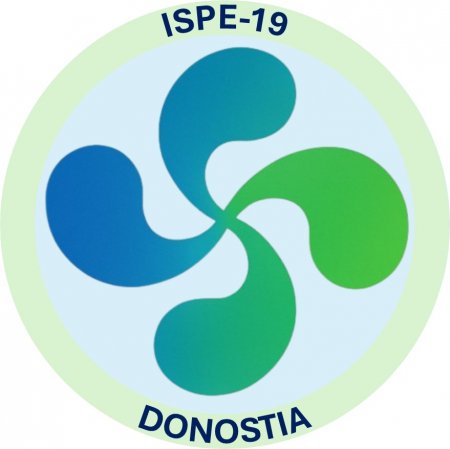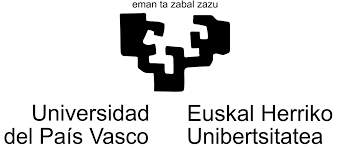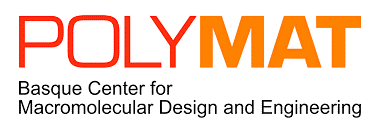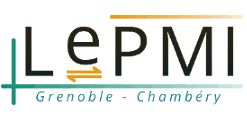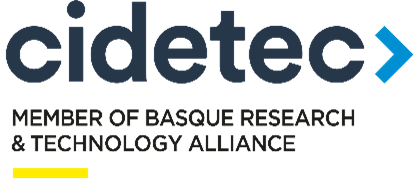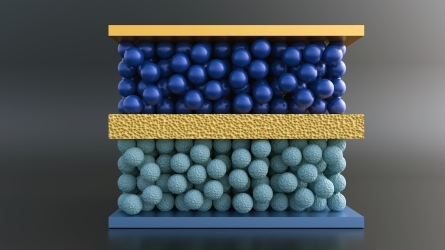
19th International Symposium on Polymer Electrolytes (ISPE-19)
Azalpena
ISPE-19 Donostian izango da, 2026ko ekainaren 1etik 5era.
Gaur egun, premiazkoa da energia garbia ekoizteko eta etorkizun hurbilean biltegiratzeko material eraginkor eta iraunkorrak garatzea. Polimero-elektrolitoak funtsezko osagaiak dira energia-teknologia garbi eta jasangarrirako trantsizioan, bereziki energia biltegiratu eta eraldatzeko gailuetan. Polimeroen moldagarritasunak eta propietate bereziek aukera paregabea eskaintzen dute trantsizio hori bizkortzeko.
Sinposio honek mundu osoko kimikari, fisikari, elektrokimikari, ingeniari eta beste aditu batzuen arteko eztabaida emankorra sustatzea du helburu. Bertan, polimero-elektrolitoetan oinarritutako hurrengo belaunaldiko gailu elektrokimikoei buruzko hitzaldi zientifiko nabarmenak aurkeztuko dira
Pozik gaude Donostiara ongietorria emateaz, biozientziak, nanoteknologia, energia eta IKT bezalako sektore estrategikoetan 50 erakunde publiko eta pribatu baino gehiagoren laguntza duen hiri aitzindari batera. Berrikuntza eta bikaintasun zientifikoarekiko konpromisoak ezagutza-trukea eta lankidetza sustatzen ditu.
Sinposioa Miramar Jauregian egingo da (https://www.miramar.eus/eu/jauregia/) eta bost eguneko programa izango du: osoko hitzaldiak, hitzaldi nagusiak, ahozko saioak, poster aurkezpenak eta polimero-elektrolitoen arloko ikertzaile senior zein gazteak konektatzeko jarduera berezi honek.
Laster iragarriko ditugu gonbidatutako hizlari berrien izenak, zientzia-programaren xehetasunak eta bidaia-bekei buruzko informazioa. Egon adi eguneratze gehiagoren berri izateko!
Galderarik baduzu, jar zaitez gurekin harremanetan: ISPE19th@gmail.com
Donostian ongietorria emateko irrikitan gaude!
Epeak:
- Laburpenak aurkezteko epea irekitzen da: 2025eko abenduaren 12an
- Laburpenak aurkezteko epea amaituko da: 2026ko martxoaren 27an
Helburuak
- Sinposioak mundu osoko kimikari, fisikari, elektrokimikari eta ingeniarien arteko eztabaida zientifikoak eta ezagutza-trukea sustatuko ditu, polimero-elektrolitoetan oinarritutako hurrengo belaunaldiko gailu elektrokimikoetarako emaitza aurreratuak nabarmentzeko.
- Gainera, ideiak eta lankidetzak partekatzeko ingurune ireki eta babestua eskainiko du.
Jarduera nori zuzenduta
- Unibertsitateko ikaslea
- Profesionalak
Zuzendariak

Irune Villaluenga Arranz
POLYMAT
Irune Villaluenga is an Ikerbasque Associate Professor and Ramon & Cajal Fellow at POLYMAT, University of the Basque Country in Spain. She obtained her PhD in Chemistry at the University of the Basque Country and Tecnalia Research & Innovation (2010). She did post-doctoral stays at CIC Energigune (2011-2012) and Lawrence Berkeley National Laboratory/University of California, Berkeley (2013-2016). Her current research interests include the development and understanding of novel inorganic-polymer hybrids, bio-based polymer and nanostructured block copolymers for energy storage applications.

Didier Devaux
Since 2016, Didier Devaux is a CNRS research scientist at LEPMI lab. (Univ. Grenoble Alpes, Univ. Savoie Mont Blanc, CNRS, Grenoble INP) on electrochemical energy storage devices. He graduated in 2012 with a PhD in materials science on electrochemical and physico-chemical characterizations of polymer electrolytes for Li metal battery. He is focusing on the analysis of the functioning and failure modes of electrochemical energy storage devices by coupling techniques (in-situ and operando methodologies), notably using X-ray and Neutron techniques with electrochemistry and impedance. The objective being to tackle the phenomena at stake at the different relevant length scales typically from the local (nm) to the cell (cm) scale in devices comprising liquid, solid, and hybrid electrolytes.
Matrikula prezioak
Matrikula prezioan honako zerbitzuak sartzen dira: hitzaldirako sarbidea, laburpen eta aurkezpenetarako sarbidea, kafe eta bazkarirako etenaldiak konferentzian zehar, jarduera soziala eta afaria ekainaren 4an.
| Matrikula | 2026-04-30 arte | 2026-05-29 arte |
|---|---|---|
| 700,00 EUR | 750,00 EUR | |
| 500,00 EUR | 550,00 EUR |
Kokalekua
Miramar Jauregia
Mirakontxa pasealekua 48, 20007 Donostia
Gipuzkoa
Miramar Jauregia
Mirakontxa pasealekua 48, 20007 Donostia
Gipuzkoa
Sustainable development goals
2030 Agenda da nazioarteko garapenerako agenda berria. Nazio Batuen Erakundeak onartu zuen 2015eko irailean eta giza garapen jasangarriaren aldeko tresna eraginkorra izan nahi du planeta osoan. Haren zutabe nagusiak dira pobrezia errotik desagerraraztea, zaurgarritasunak eta desberdintasunak urritzea, eta jasangarritasuna bultzatzea. Aukera paregabea eskaintzen du mundua 2030. urtea baino lehen aldatzeko eta pertsona guztien giza eskubideak bermatzeko.
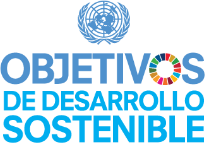
7 - Energia irisgarria eta ez kutsagarria
Pertsona guztiek energia eskuragarria, fidagarria, jasangarria eta modernoa izango dutela bermatzea. Gai gakoak: eskuragarritasun unibertsala, energia garbien proportzioa handitzea, energia eraginkortasuna, ikerketa, energia azpiegituretan eta teknologia garbietan inbertsioa sustatzea, energia zerbitzu moderno eta jasangarriak.
Informazio gehiago